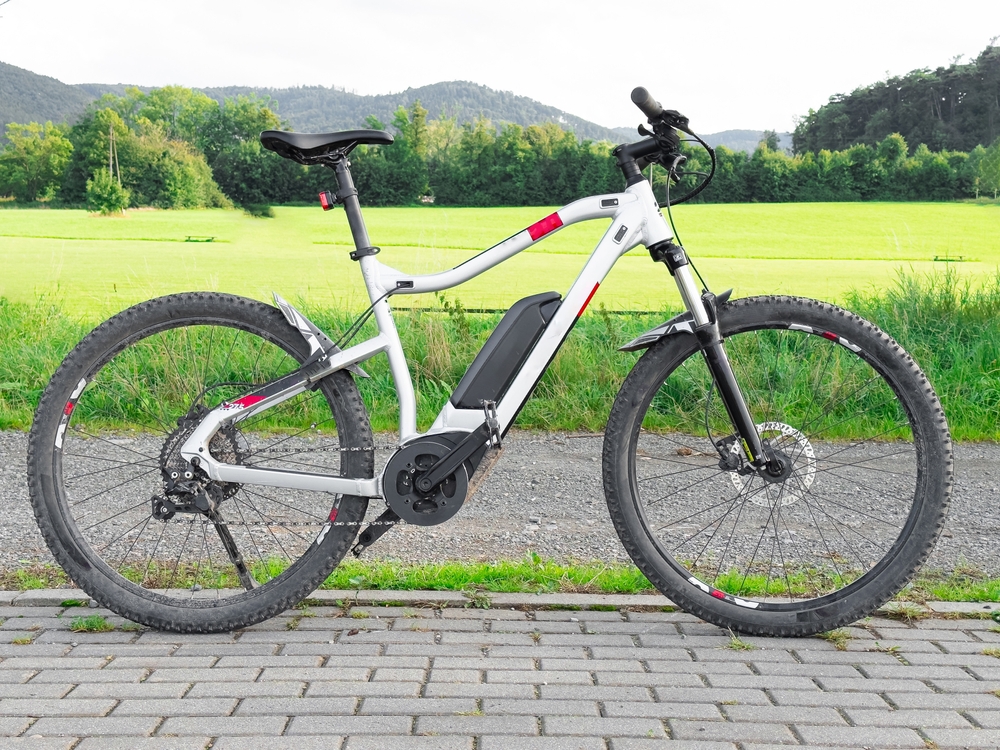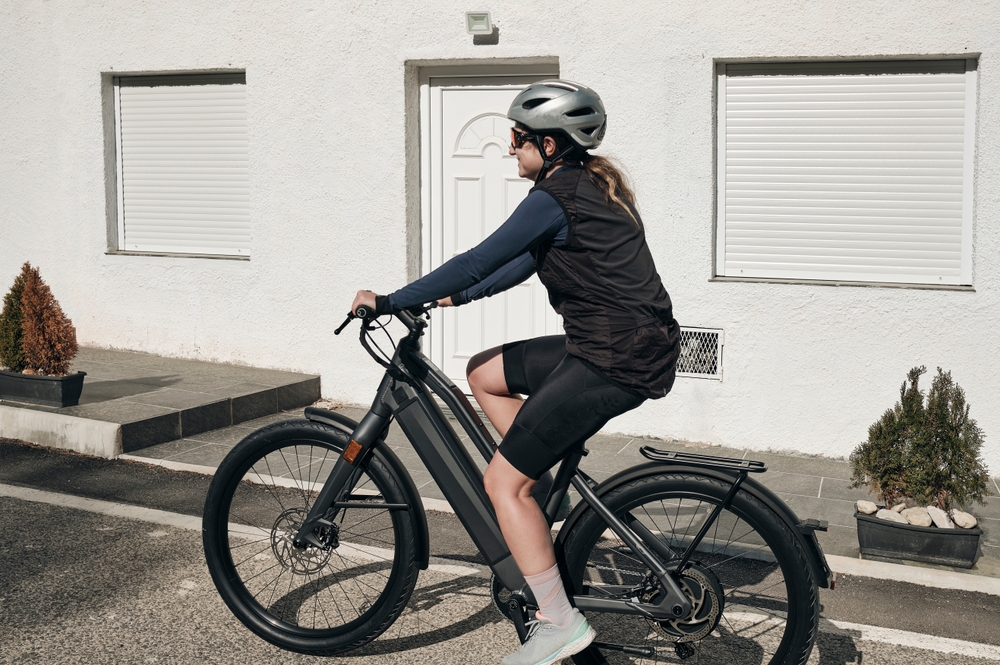Electric bikes, or e-bikes, are quickly becoming a popular mode of transportation for local travel. By combining the convenience of a traditional bicycle with a battery-powered motor, e-bikes offer an efficient, cost-effective, and eco-friendly solution for commuting, running errands, or simply exploring your city. Here’s a closer look at how electric bikes can save both time and money on local trips.
1. Faster Travel Times
One of the main advantages of e-bikes is the ability to reach higher speeds than traditional bicycles without the same physical effort. The motor assistance helps you travel faster, especially when navigating hilly terrain, busy streets, or long routes.
- Reduced Commute Time: E-bikes can reach speeds up to 20 mph or more, making them an excellent alternative for avoiding traffic congestion and reaching your destination faster than by car during rush hours.
- Efficient Navigation: E-bikes can take you through bike lanes, shortcuts, and areas closed to car traffic, allowing for quicker and more direct routes.
- Less Time in Traffic: Especially in urban areas, e-bikes enable you to bypass traffic jams and crowded intersections, saving valuable time each day.
By saving time on local commutes, e-bikes make it easier to fit in more activities and reduce the stress associated with longer travel times.
2. Lower Transportation Costs
Electric bikes offer significant cost savings compared to cars and even public transportation. After the initial purchase, e-bikes require minimal expenses, making them an affordable option for daily travel.
- No Fuel Costs: E-bikes run on rechargeable batteries, eliminating the need for gas or diesel. On average, charging an e-bike battery costs only a few cents, making it much cheaper than fueling a car.
- Reduced Maintenance Expenses: Compared to cars, e-bikes have fewer components and require less frequent maintenance, such as oil changes, tire replacements, or engine repairs.
- Low Parking Costs: With an e-bike, there’s no need to pay for parking in busy urban areas. Many cities have free or affordable bike parking options, further reducing expenses.
For commuters and locals, the long-term savings on fuel, maintenance, and parking make e-bikes a budget-friendly transportation option.
3. Affordable Alternative to Public Transportation
Public transportation costs can add up over time, especially if you rely on it for daily commutes. An e-bike provides a one-time investment that allows you to avoid regular transit expenses.
- Eliminate Fare Costs: Whether it’s bus fares, train tickets, or metro passes, e-bikes eliminate the recurring costs of public transportation.
- Flexible and Independent Travel: With an e-bike, you’re not tied to public transportation schedules, allowing you to travel whenever you want without additional fees.
For individuals who rely on transit for short local trips, switching to an e-bike can yield substantial savings and provide greater flexibility.
4. Reduced Carbon Footprint
Electric bikes produce minimal emissions, making them an eco-friendly transportation choice. By using an e-bike for local travel, you contribute to reducing air pollution and greenhouse gas emissions in your community.
- Lower Emissions: E-bikes produce no tailpipe emissions, and their low energy consumption results in a smaller carbon footprint than cars.
- Promotes Sustainable Cities: Adopting e-bikes reduces the overall demand for fuel and energy, contributing to cleaner air and healthier urban environments.
For those committed to sustainability, e-bikes provide a practical way to make a positive environmental impact.
5. Health Benefits
While e-bikes offer motor assistance, they still require some pedaling effort, providing light to moderate exercise. For individuals who might avoid traditional biking due to physical limitations or steep inclines, e-bikes provide a way to stay active while getting from place to place.
- Enhanced Physical Activity: Regular use of an e-bike promotes cardiovascular health, muscle engagement, and overall fitness.
- Improves Mental Well-being: Exercise and outdoor activity have been shown to reduce stress and improve mood, making e-bike rides beneficial for mental health as well.
Using an e-bike combines convenience with health benefits, allowing you to stay active even while running errands or commuting.

6. Avoid Ride-Share Costs
Ride-share services like Uber and Lyft are convenient but can be costly, especially for frequent or short trips. E-bikes provide a way to avoid these recurring fees while maintaining similar flexibility.
- No Surge Pricing: E-bikes eliminate the risk of surge pricing during peak hours, so you can travel locally without price increases.
- Cost-Effective for Short Trips: E-bikes are ideal for quick trips around town, which can add up quickly with ride-share services.
For urban dwellers who frequently use ride-sharing for short commutes, an e-bike is a more economical option that provides similar convenience.
7. Tax Incentives and Rebates
Some regions offer tax incentives or rebates for purchasing electric vehicles, including e-bikes. While policies vary, these incentives can make e-bikes even more affordable.
- Potential Tax Credits: Some governments provide tax credits or deductions for e-bike purchases as part of green initiatives.
- Rebates and Subsidies: In some areas, utility companies or local governments offer rebates on e-bike purchases to encourage eco-friendly transportation.
Before purchasing an e-bike, check for any available tax incentives or rebates in your area to reduce the upfront cost further.
8. Greater Accessibility and Mobility
E-bikes make travel more accessible, especially for individuals who may find traditional biking difficult or have mobility challenges. The motor assistance helps navigate longer distances and hills with ease, allowing people of various fitness levels to travel locally without a car.
- Inclusive Transportation: E-bikes accommodate a range of fitness levels, making local travel more accessible to individuals who may not otherwise bike.
- Reduced Travel Barriers: Hills, long distances, and challenging routes become manageable with motor assistance, making it easier to travel to new places or run errands.
With their accessibility and ease of use, e-bikes empower more people to choose sustainable transportation options.
Choosing the Right E-Bike for You
If you’re considering an e-bike, here are a few factors to help you choose one that meets your needs:
- Battery Range: Look for a model with a battery range that meets your average daily distance. Most e-bikes offer ranges from 20 to 50 miles on a single charge.
- Motor Power: E-bikes typically come with motor powers ranging from 250W to 750W. Higher wattage can provide more assistance, especially on hills or for longer distances.
- Bike Type: Decide between city bikes, mountain bikes, or folding bikes, depending on where you plan to ride and store the bike.
With various e-bike options on the market, it’s easy to find one suited to your specific needs and budget.
Conclusion
Electric bikes offer a practical, cost-effective, and environmentally friendly solution for local travel. From faster travel times and reduced transportation costs to the added health benefits and tax incentives, e-bikes make it easier and more affordable to navigate your city. Whether commuting to work, running errands, or exploring your surroundings, an e-bike can save you time, money, and stress—all while contributing to a cleaner, greener community.





